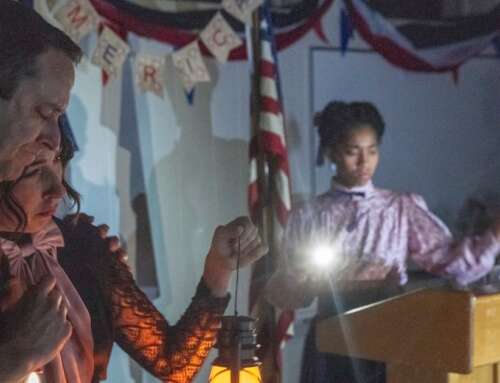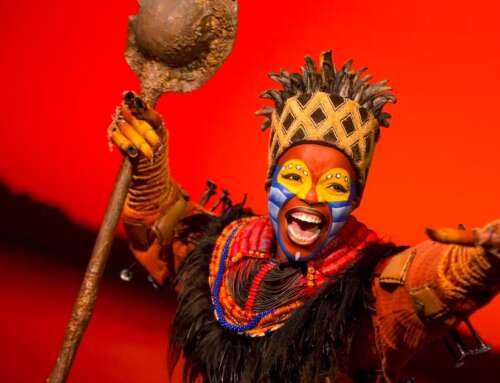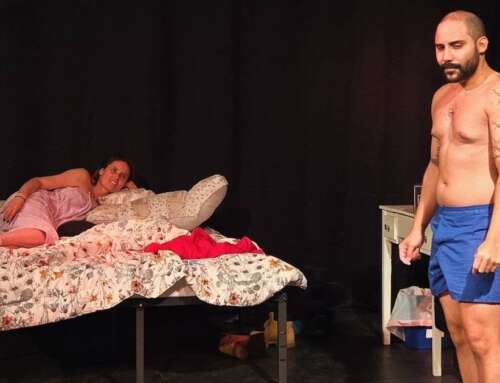Firehouse Theatre Company presents an impactful look at abused women nearly half a century ago
How often could a play, or book, or film be set anyplace and anywhere? Usually, it seems —or at least often. When We Were Young and Unafraid is a play that has a definite sense of time and place; in this case it is 1972 and Whidbey Island, off the coast of Seattle. I can’t think when I’ve last seen such a play that both nailed a time period and managed to still feel so relevant.
The play centers around Agnes (Suzanne Nepi), a former nurse who runs a bed and breakfast that is also a safe house for abused women. The time period is before both Roe v. Wade and the Violence Against Women Act, and her home is remote enough that it serves as a good hideaway. She takes in several women a year, sequestering them upstairs until their bruising fades and then sending them on, hopefully to a new life rather than back to the men who beat them.
Agnes’s teenage daughter Penny (Sarai Brown) is a bright and moody teenager who develops a rapport with Mary Anne (Mariel Goffredi), an abused woman staying with Agnes who isn’t so great at staying hidden upstairs. Mary Anne begins coaching Penny and what to do to get the boy of her dreams to ask her to prom, and her advice works — perhaps a little too well.
Meanwhile, Hannah (Kelly Uhlenhopp) shows up in need of a job and starts fixing things around the place. Hannah is a sort of anti-Mary Anne, a lesbian separatist who tells Agnes that sleeping with men at all is aiding and abetting the enemy. One of the guests, Paul (John Wittbrodt), is the only man actually present in the play (rather than just referred to by the other characters). He keeps intruding in Agnes’s kitchen and develops an interest in Mary Anne.
The action plays out on the spare set that is basically just Agnes’s kitchen, but you’d be surprised how much can happen in a kitchen, with Agnes making muffins, Penny doing homework, and Mary Anne stealing sips of whiskey. Layers of character and plot are revealed while the women are all, in their way, dealing with questions about sex, power, violence, and femininity.
Unfortunately, still relevant
Probably the most disturbing thing about this play is how relevant all these issues still are. I was two years old in 1972. Forty-eight years later I’m not really sure that much has changed. Just like Agnes’s crocheted sweater vest is both period-appropriate and surprisingly modern again, women are still fighting for the reproductive freedom we thought we’d gained with Roe.
Harvey Weinstein was found guilty this week and it still feels more like the exception than the rule.
I imagine that most women in the audience could see bits of themselves in all the female characters, because at one time or another, we have been them. Wanted to get the popular guy, wanted to be beautiful and smart, wanted to eschew men altogether, worried that our daughters would make our same mistakes. Done something to make a man happy — without bothering to consult our own feelings.
The performances are all good, but I particularly liked Suzanne Nepi’s portrayal of Agnes’s quiet dignity and motherly worry. I found myself wanting to know even more about her. Mariel Goffredi is a very believable Mary Anne, though some of her scenes truly are hard to watch. We’ve all known a Mary Anne — or we’ve been one.
This is the type of play that will encourage conversations – probably some hard ones, but they are worth having. I would highly encourage anyone to see When We Were Young and Unafraid.
Blythe Smith is a widow, mom, step-mom, and writer who works for a Denver law firm. In high school she perfected her signature role - chorus person - in various school musicals.








Leave A Comment